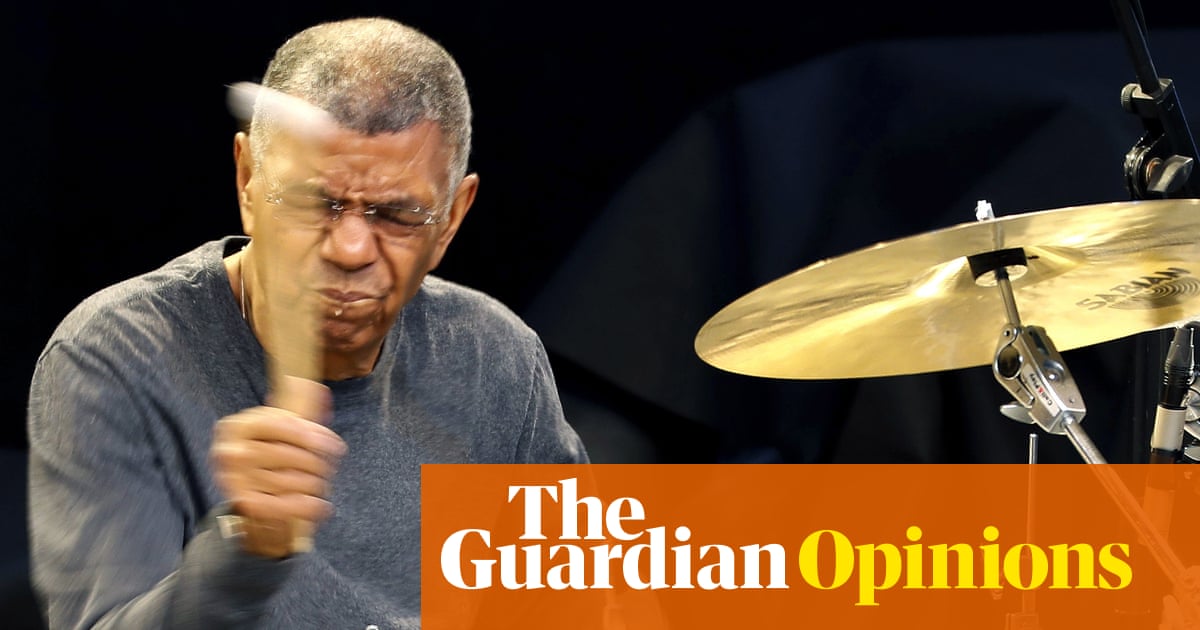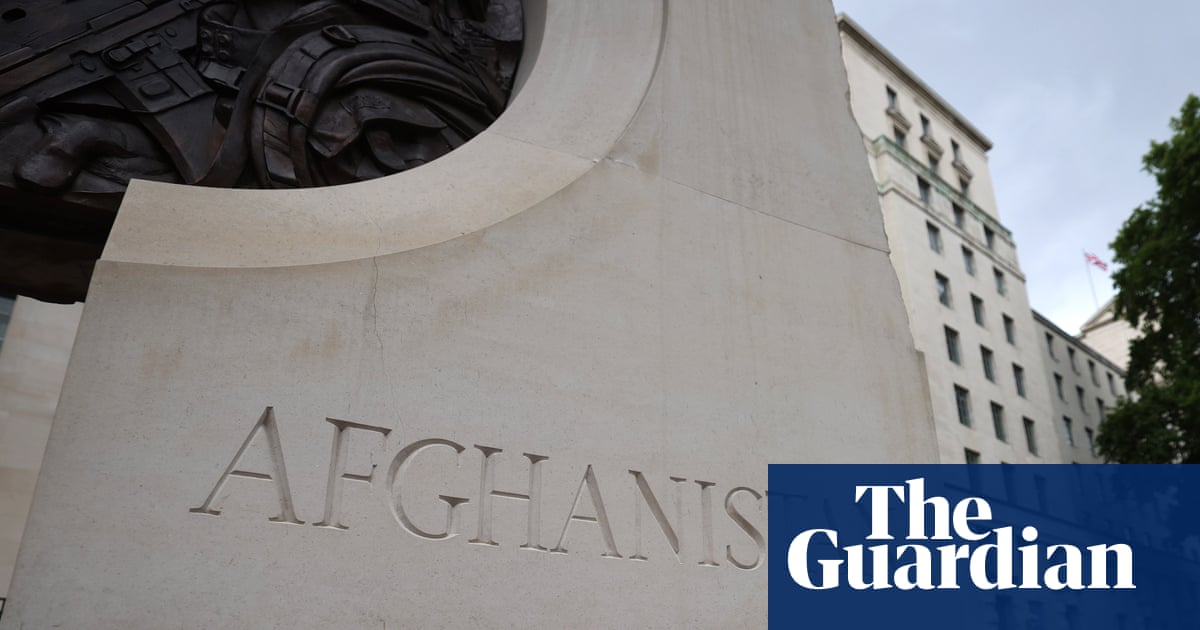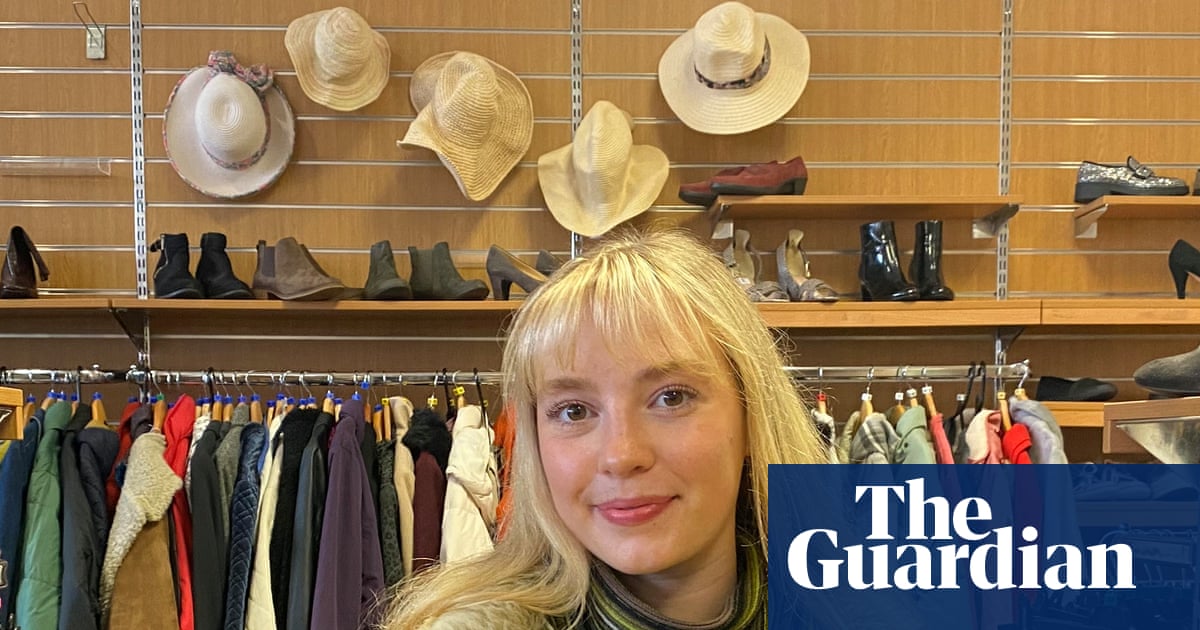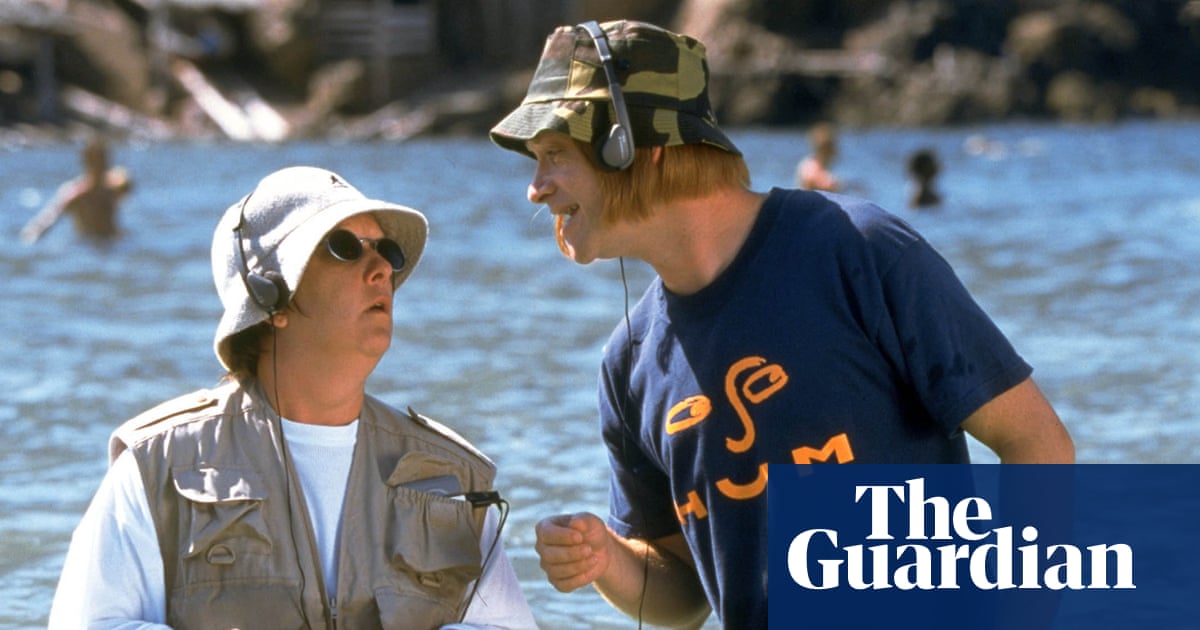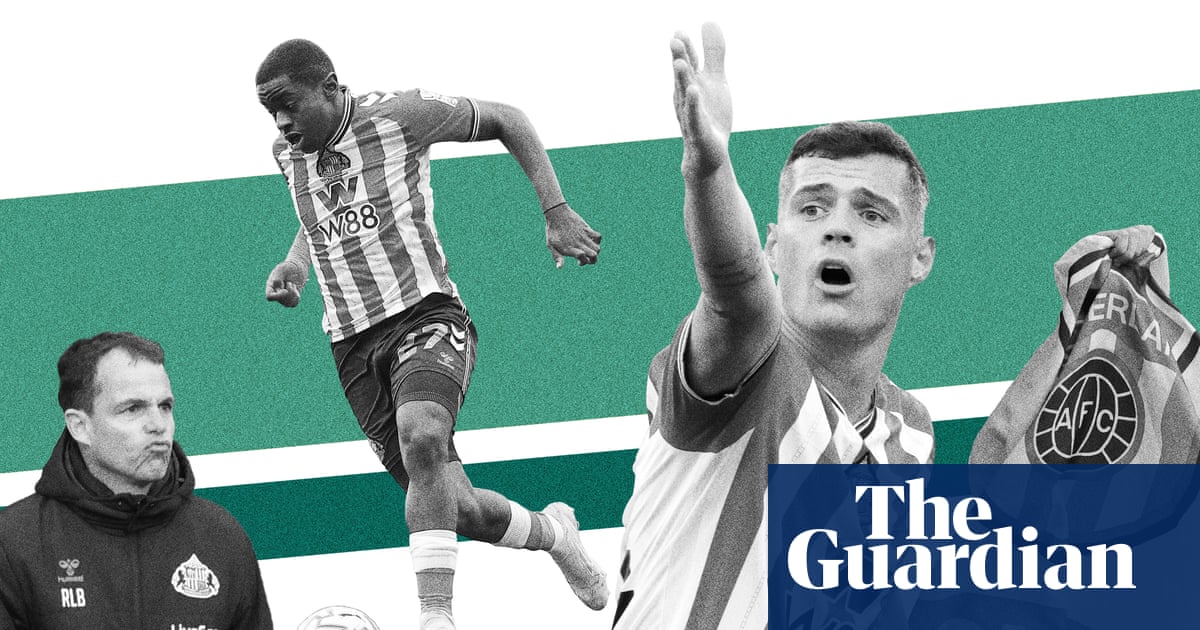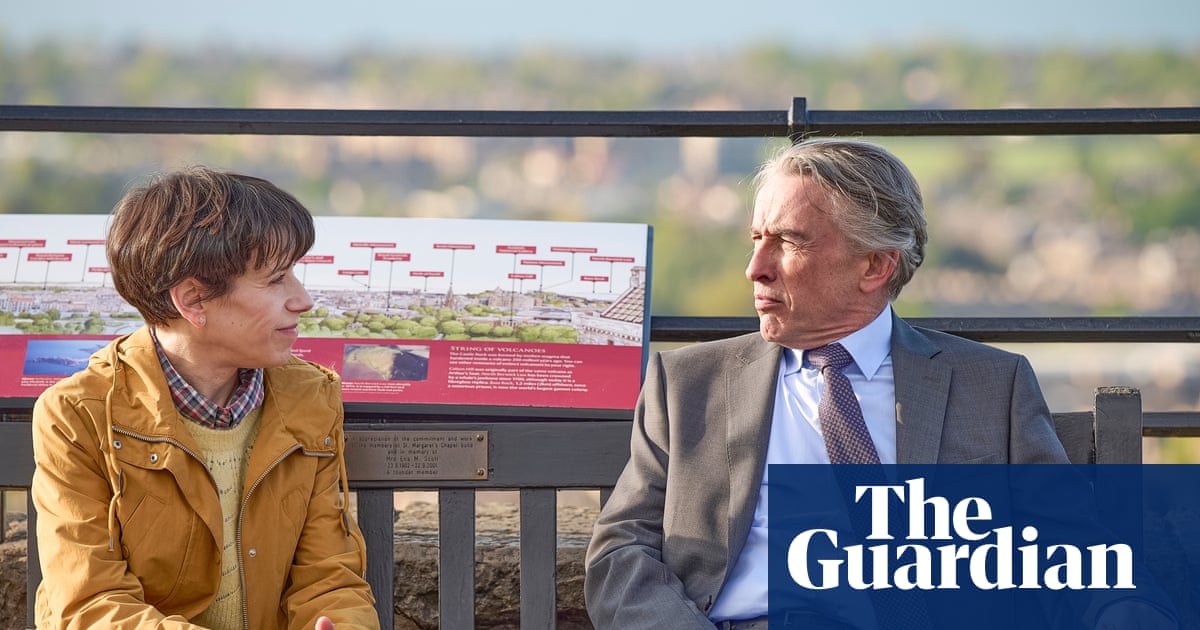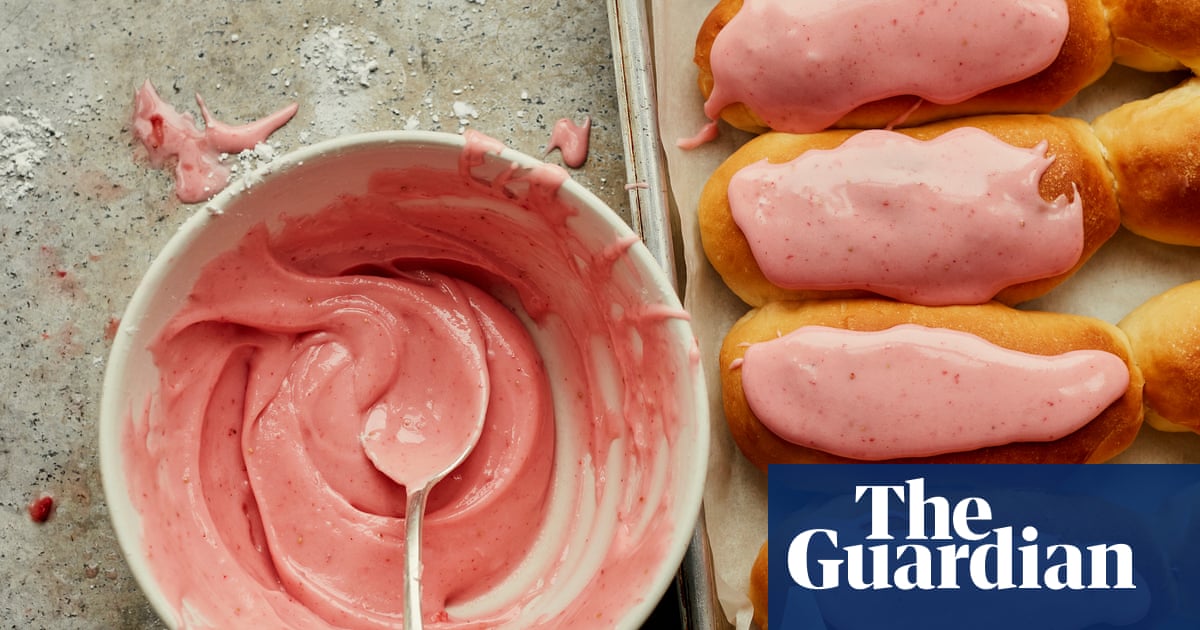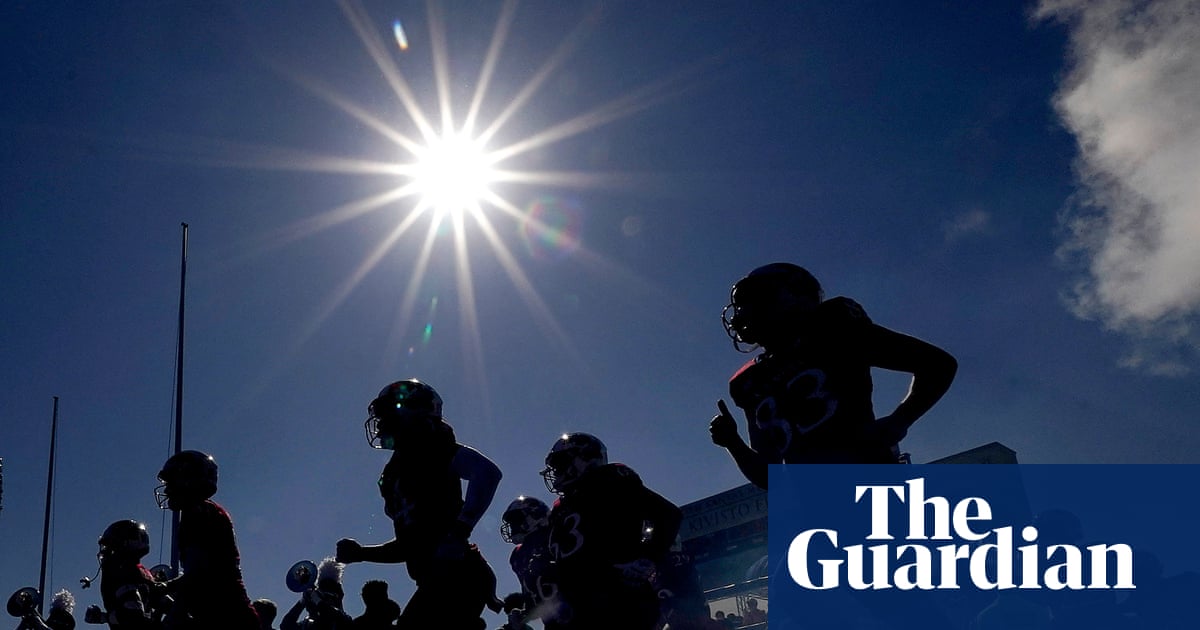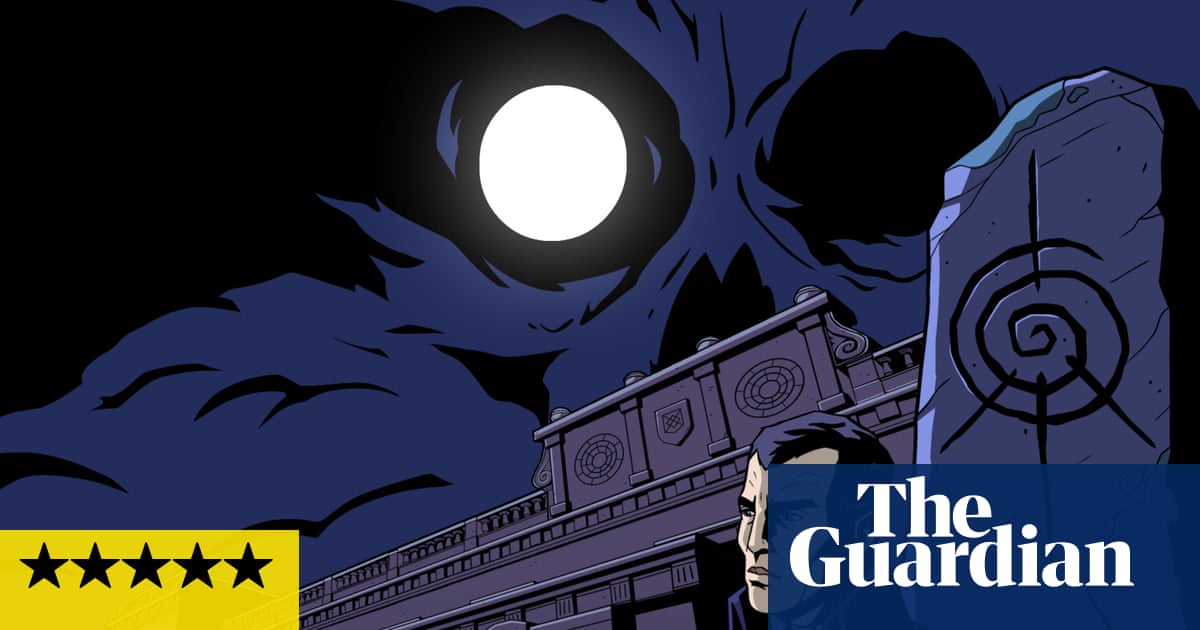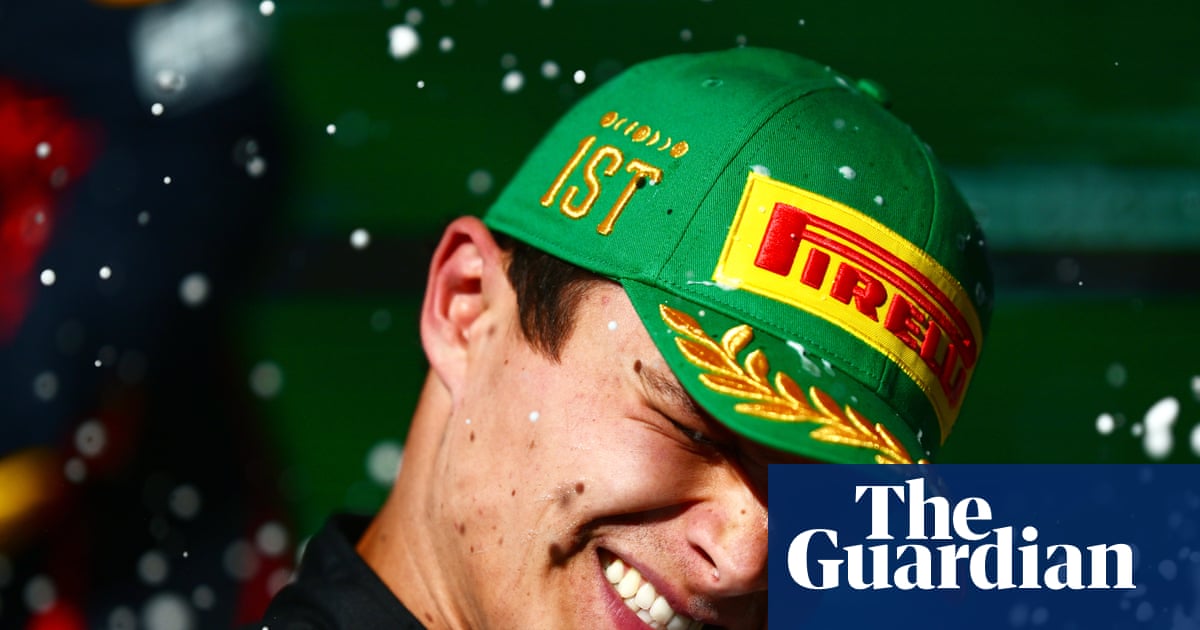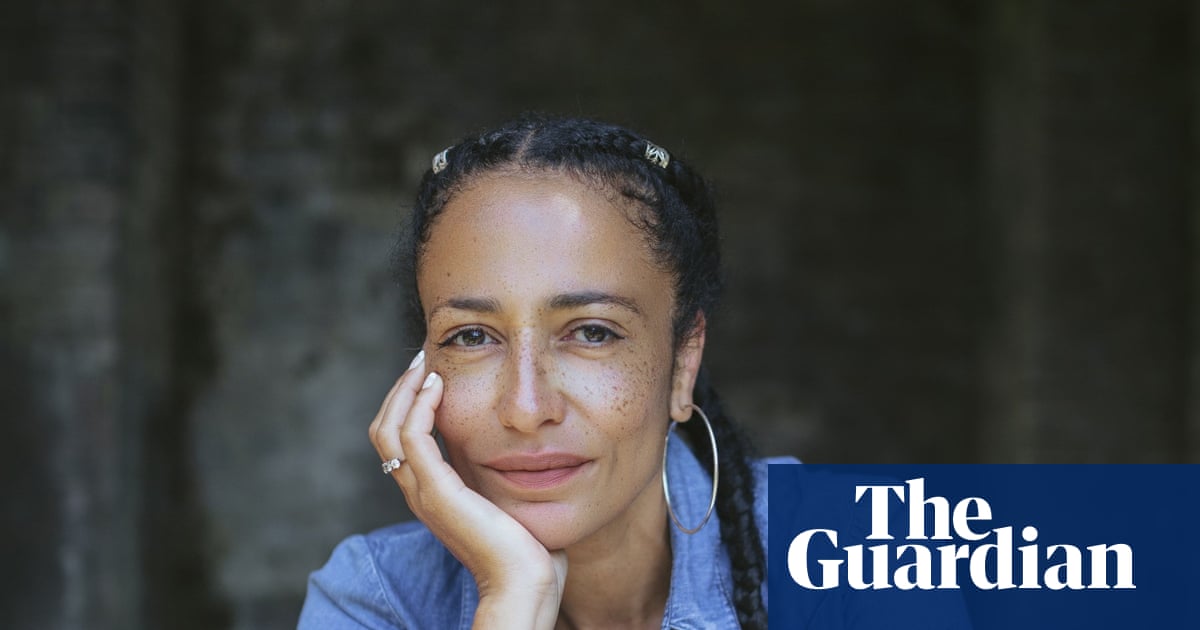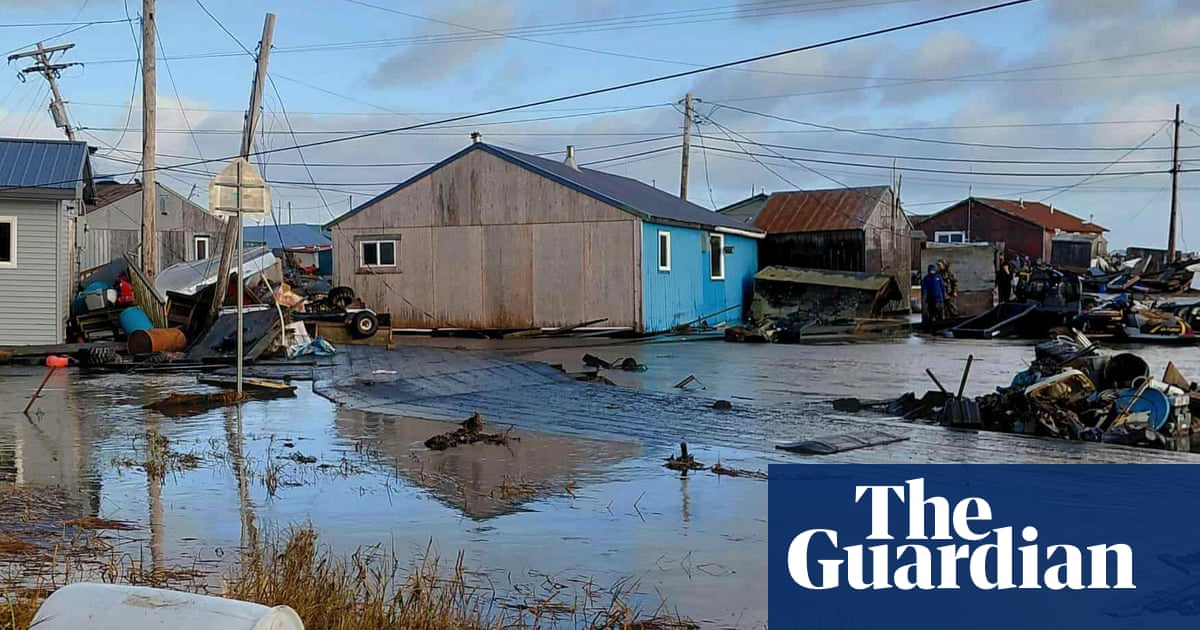“So,” my father would ask, after the bath and the doing of teeth, as if the answer was unknown, “what’s it going to be?”
“Shady Glade!”
“Right! Shady Glade …”
And sitting on my bed in our basement flat in London, for the thirty-third time, he would recite (and pretend to read), in exactly the same warm, alerting, storytelling tone, as if he had never seen them before, the first lines. He would have just done the same thing for my brother, now in a deep doze on the other side of the room, with The Gnats of Knotty Pine, while in the kitchen in my pyjamas I gave my nightly reading of Peter and Jane and Pat the Dog to my mother.
His beautiful voice, which was soft and rich and clever, was the last thing I heard every day for years; being read to is the routine I remember best from my early childhood, before they split up, and we moved to Wales and our mother took up reading to us. The nights she gave us Astrid Lindgren’s The Brothers Lionheart were spellbinding. Dad was a broadcaster. Mum had been an actress. They were super performers.
When my turn to read to my child came, I discovered all the pleasures of the bedside performance. One is the chance of escape through absorption. When Aubrey was small, I commuted between home in the Pennines and teaching in Liverpool, in more or less constant movement through the weeks, and only when I was working with students or reading to Aubrey was my anxious and tugging inner self stilled. And I can recognise that absorption and pleasure on my father’s face when I think of him now.
It’s a particular time, reading to and being read to, a quietly magical time for a child, especially snug in your covers, watching and listening to an adult giving themselves entirely to entertaining you. Being an audience of two to the story of the book is lovely, too, a companionship something like equality across generations, across the gulfs between childhood and the adult world.
Dad took us on boating holidays after the divorce; with the little cabin cruiser moored for the night, and the black Thames slithering under the keel, he set about EB White’s Charlotte’s Web, and Russell Hoban’s The Mouse and His Child.
Whenever he found a funny passage, his delight and amusement were beautiful; the cabin chimed with our laughter and snorted with giggles. Unlike me, Dad timed reading so that we heard a chapter or section and were then bid goodnight, kissed, and the light was turned off. When I began bedtime reading, to my then partner’s six-year-old, Robin, I soon realised that the aim was not necessarily to entrance and delight, but to render unconscious.
We did whatever Robin wanted, including Jeff Kinney’s Diary of a Wimpy Kid, and manuals on Bionicles (a race of plastic space robots with which he was in love), and Derek Landy’s Skullduggery Pleasant. Michael Morpurgo’s War Horse we met in our tiny studio flat in Verona, and also Robert Westall’s The Machine Gunners, one of my favourites ever, which Dad had sent to me from London in the years when he was there, and we were up the mountain, with a note – I thought this might be up your street.
Although I knew The Machine Gunners well, reading aloud is different, more powerful. In moments of this and War Horse I struggled not to cry, fighting not to embarrass Robin and break the spell.
With even the most gripping books I found I could change gear, after the appropriate while, from an entertaining rendition, designed to engage Robin, to a soporific monotone, to knock him out. One evening in Verona we began one of David Walliams’ books. The flat was a one-bedroom, and Robin slept on a sofa bed in the kitchen-diner. His mother, Rebecca, often curled up with him to listen, and often they both fell asleep.
There is a time then that readers aloud know, when you raise your eyes from the page and look at some one or two you love most in the world, your now dreaming audience, and though you do not think it consciously, perhaps, the truth is that their gentle sleep is a gift you have helped, that night, to give them, and it feels an almost holy moment. When you read aloud to your partner or your child the room and the world beyond it seem to still, and the spirits gather to hear the story. Words uttered are more than words heard in the silence of the mind; they are things in the world, and the world responds. Sometimes, depending on where you live, in the hoot of an owl …
Robin was six when I met him and about twelve the last time I read to him, so I knew something of what to expect and to try when Aubrey reached that stage. But I knew nothing about those first half-dozen years.
after newsletter promotion
It is the show-off, the actor in me, who loves reading to him so much, I know. But it is also a love of parenting in the root meaning of the word, a bringing forth, of the listener’s attention, marvel, laughter and thought. Reading aloud is also a self-parenting, in the bringing forth of the voices, feeling, and tones from the reader. And it is a team sport, as it were, while reading to yourself is all about individual skill.
Not all children love to read. They absorb narrative through talk and games and films and their friends and their YouTubers and that is fine, I learned, despite my initial panic when neither Robin nor Aubrey showed any great love of print. They still loved stories, and they loved being read to.
If he was tired, Aubrey would ask me to read Mum’s current Greek myth (Rebecca was teaching herself to be a Classics A-level teacher at the time) or switch to something “not exciting”. This was the cue to put down The Hobbit or whatever for whatever I was reading, and, I noticed, writing. The knock- out drop of his childhood proved to be my own Down to the Sea in Ships – I don’t think he has ever made it past the second page, and we have read it often – which was gratifying if not flattering. As he and his days grew longer, the knock-out was often all we had time for, though he excels at the well-timed question or thought, only partly designed to keep you talking and put off going to sleep.
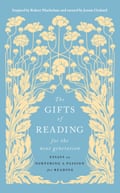
As is the way of memory, I expect Aubrey will recall more of these times, these nights, these books, as he grows older, if not perhaps as I remember them now, in great range and detail: he was only very young and going to sleep for most of them, after all. When we talked about this essay, I ran a few by him, to yesses, noes, and ums, until I said, “Philip Hoare’s whale! The Sea Inside!”
“I remember that!” he cried, immediately.
No wonder. The writer is hanging in fathomlessly deep water off the Azores and a sperm whale approaches. The whale sonar-scans the man with his clicks, and the two creatures hang there, the great beast and the little being, as Philip describes the way a whale can make a cannonball of sound, a weapon to stun a squid, and the two look at each other in a kind of whale’s peace. It is the most beautiful passage, and we read it night after night, hanging beside Philip and the whale in exactly the same place at last, in that wonder between life and sleep.
-
This is an edited extract of an essay, The gifts of being read to, by Horatio Clare. It is featured in The Gifts of Reading for the Next Generation, an anthology curated by Jennie Orchard

 3 months ago
49
3 months ago
49
